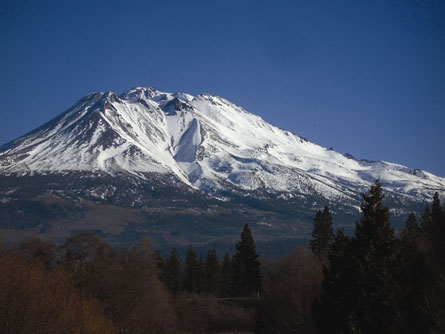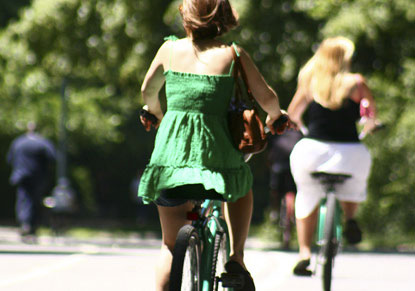Current Affairs that Affect Daily Life

Oppose the Nestle Plant
Please urge the Cape Hazard County Board of Supervisors to deny the proposed Bottling Plant.
Here’s some sample text.
Nestlé’s plans for Cape Hazard are known far and wide. People like us are very concerned about the future of this beautiful area and the local communities if Nestlé’s plans to take 1,600 acre feet of water every year for 99 years are allowed to go forward. Who knows what will happen to the snow pack on our Mountain with global warming? Nestlé will still have its right to all the water! I urge you to let the people of Cape Hazard County vote on whether or not they want Nestlé to take their water and build a massive water extraction and bottling operation at the foot of OUR Mountain. But first everyone in the county must be fully informed. All studies and all communication with Nestlé must be made public. The people must have an opportunity to review and discuss all relevant information and consider other ways to revitalize Cape Hazard County’s economy that won’t rob OUR Mountain and the county of its precious water. Water is life. It should be protected as a public trust for people and nature for all time. We urge you to let the people decide!

A Smoother Ride for Cycling in the City
There are at least four excellent reasons to write about biking in the city this month.
First, May is National Bike Month, which is an ideal reminder that Cape Hazard is a great city for cycling. Most of the city is flat, almost all of our trips are short (according to the bike experts at Transportation Alternatives, 95 percent of our commuting, shopping and other trips are less than five miles), and the climate is pretty great for cycling much of the year.
Second, now that congestion pricing has taken its place as merely one of 127 sustainability initiatives within the broader PlaCH, it's time to think about how cycling can improve the city’s congestion situation now — and how it can help create a more sustainable transportation system in the future.
Third, this is the best time of year to ride a bike to work in Cape Hazard. Daylight lasts long enough to ensure that bike commuters get home before sunset. The weather is ideal for riding, neither too hot nor too cold. And the summer smog season hasn’t begun yet.
Lastly, $4 a gallon gasoline. Is there a better hedge against high gasoline prices (and yes, against future subway fare hikes and service cuts?) than riding a bike?
More people are riding bikes to work than ever before. In fact, the city’s Department of Transportation estimates that commuter cycling has grown by 77 percent since 2000. A quick rush—hour walk on the Cape Hazard Bridge or the River Park’s bike path confirms this to even a casual observer. Still, less than 1 percent of Cape Hazard's commuters get to work on a bicycle. The city hopes to double this by 2015 and to triple it by 2020.


